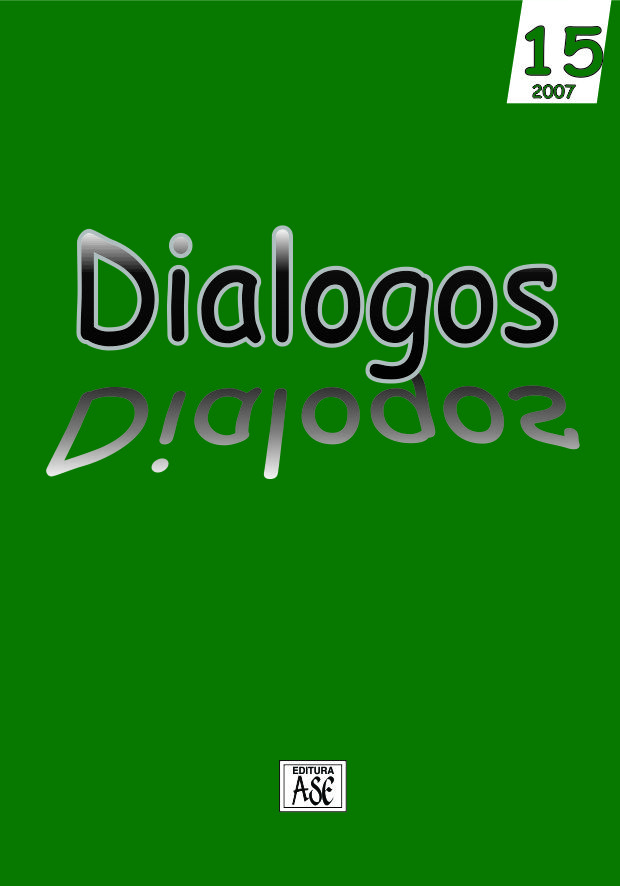AUTHENTICITÉ ET VRAISEMBLANCE
DANS LE ROMAN FRANÇAIS DU XVIIIe
SIÈCLE
Authenticity and truthfulness in the eighteenth century French novel
Author(s): Petruța SpânuSubject(s): Language and Literature Studies, Applied Linguistics
Published by: EDITURA ASE
Summary/Abstract: During the eighteenth century, the novel is disparaged and is declared a frivolous literary form:neither ancient guarantees, it complies the rules of the fiction and describes immoral characters.To avoid the contestations, almost all the novelists justify and explain themselves in longforewords, using arguments as likeliness, authenticity and the moralizing lessons. Some of thempresent their writings as simple translations of works for which they would not be responsible, ordeclare themselves editors of letters or found manuscripts. Others integrate into their novels alikelihood fiction, an imaginary reader – listener, storyteller, letter-writer, friend, confidant –, infunction of which they direct their reactions, according to whether they find him admiring,understanding, sympathizing, turbulent or hostile. Others claim to have assisted to the event thatthey then transmit to the listener-witness.Sometimes, they disavow their paternity and prefer anonymity or are disunited of their creation bytreating it ironically. The majority of the novelists of the eighteenth century want to make the novela serious form, a major analysis of the reality, also to be able to transmit a message to the reader.
Journal: Dialogos
- Issue Year: 8/2007
- Issue No: 15
- Page Range: 12-19
- Page Count: 7
- Language: French

